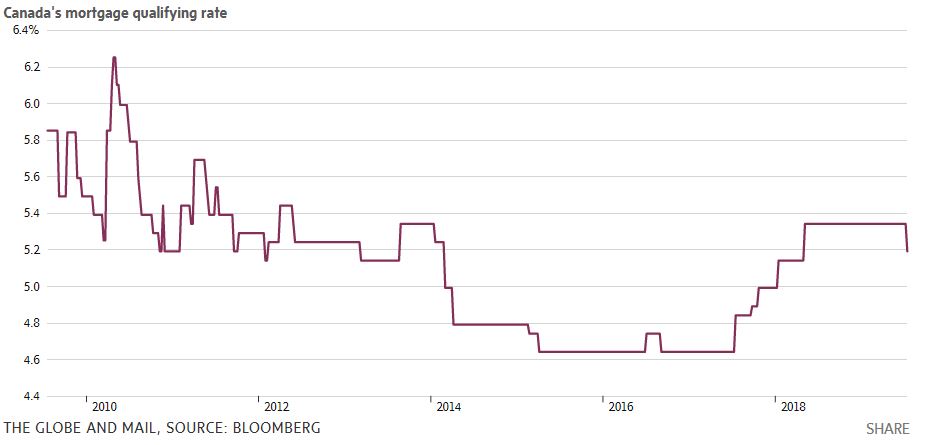
Do you need to get a current value of your property? Then you are going to need an appraisal.
Banks and other lending institutions want to know the “current” market value of your home before they consider loaning money on the property. An appraiser checks the general condition of your home and compares your home to other similar homes which have recently sold in order to define a comparable market value for your home.
Here are 7½ tips that can help you get top current market value.
Short version – Prepare your home as if it was going to be sold!!
Long version… If a picture is worth a thousand words, think what kind of story the pictures from your home are telling?
In the world of mortgages, lenders seldom set foot on the property before making a loan decision.
Instead, they rely on their trusted list of approved appraisers. All a lender usually gets is the appraiser’s pictures of your property and their comments about how your home was appraised.
Tip #1 – Clean up. The appraiser is basing the value of your property on how good it looks. Before the appraisal, prepare your home as if you’re selling it. Clean and declutter every room, vacuum, and scrub. Do whatever you can to make your home as presentable as possible.
Tip #2 – Pay attention to curb appeal. An appraisal is all about first impressions. And the very first one the appraiser gets is when they walk up to your property. Spend an hour or two making sure the outside of your house, townhouse or condo is warm and welcoming.
Tip #3 – The appraiser must be able to see every room of the home, no exceptions. Refusal to allow an appraiser to see any room will be noted in the appraisal can be a game stopper. There are times when it is not appropriate for the appraiser to take pictures of certain things and appraisers and lenders understand this, but refusal to grant access could kill your deal.
Tip #4 – Make a list of upgrades and features. It’s important that the appraiser is made aware of any updates you’ve made, especially those which are hidden, like new plumbing and electrical. If possible, give the appraiser this list. That way they have a reference as to what has been updated and how recent or professional that work was done.
Tip #5 – If you need to spend to update, be prudent. Many people think “bathrooms and kitchens” are the answer for getting high prices on home value. They aren’t. First, consider that kitchen and bathroom remodels can be some of the priciest reno costs. For that reason, it may be more prudent to spend a bit of money, for just a bit of updating. Paint, new flooring, new light or plumbing fixtures don’t break the bank, but can provide a dramatic impact and improve your home’s value.
Tip #6 – You know your neighbourhood better than your appraiser does. Find out what similar homes in your neighbourhood have sold for. Your property might look like one down the street, but if you believe the value of your property is worth more, let them know why.
Tip #7 – Lock up your pets. I’m sure most appraisers like pets, but some may be put off by your cat rubbing against their leg or the dog barking or following them around.
Tip #7½ – One last tip – don’t annoy the appraiser with questions and comments and follow them around. Instead, simply be prepared to answer any of their questions and, if you do have concerns or queries, wait until they’ve completed their viewing of the property, then ask.
Mortgages are complicated, but they don’t have to be… Engage a Dominion Lending Centres mortgage expert!

 For most people, your personal credit score and how a credit score is calculated are complete mysteries. How can you be expected to play and be successful if you aren’t even told the rules of the game? There are things borrowers can do to improve their score so they can access better mortgage products and save thousands of dollars, or qualify for their wonderful home when they otherwise might have trouble. Let’s stick handle through just some of the key things you should know about managing your credit score.
For most people, your personal credit score and how a credit score is calculated are complete mysteries. How can you be expected to play and be successful if you aren’t even told the rules of the game? There are things borrowers can do to improve their score so they can access better mortgage products and save thousands of dollars, or qualify for their wonderful home when they otherwise might have trouble. Let’s stick handle through just some of the key things you should know about managing your credit score.

